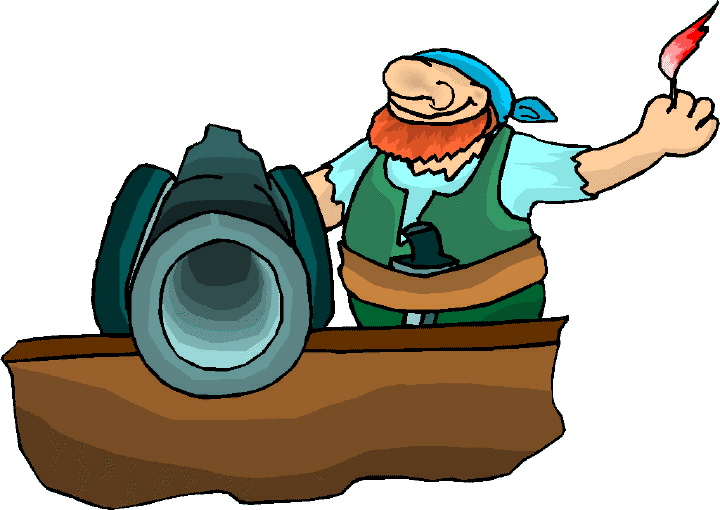 Pirates and Privateers Pirates and Privateers
The History of Maritime
Piracy
Cindy Vallar, Editor
& Reviewer
P.O. Box 425,
Keller, TX 76244-0425
    
Books for
Adults ~ Disasters, Mutinies, & Shipwrecks

The Black Ship
by Dudley Pope
Pen & Sword, 2009, ISBN 978-184415893-4, UK £15.99
    
Anyone
familiar with British naval history has probably
come across the frigate Hermione. The
bloodiest mutiny occurs aboard this vessel in
October 1797. Her captain, Hugh Pigot, may have been
the cruelest captain to serve in the Royal Navy. The
mutiny is a direct outcome of the brutal discipline
that he metes out to the men under his command. The
mutineers murder him and nine of his officers, then
sail Hermione to an island in the Spanish
Main and gift the enemy with the ship. Those
involved in the mutiny think they are finally free
of the tyranny that has oppressed them, but they
don’t count on the ruthless and dogged pursuit the
British undertake to bring the men to justice and to
recapture the frigate.
The author covers the people and events leading up
to the mutiny, as well as its aftermath in
twenty-eight chapters. The book includes five
appendices (The Effect of a Flogging, Floggings
ordered by Captain Wilkinson in Hermione,
Floggings ordered by Captain Pigot in Success,
The Men Active in the Mutiny, and Recorded trials
for mutiny in the Royal Navy for 1798), notes and
bibliography, and an index. Various types of
illustrations accompany the text. Aside from the
mutiny, the book also mentions quite a few privateer
incidents involving Hermione.
Pope, who has written several notable nautical
novels, is also a maritime historian. He first comes
across a brief reference to the mutiny in 1950. But
this is “the first detailed story of the bloodiest
mutiny that ever occurred in a ship of the Royal
Navy, and it is written entirely from contemporary
official and private documents.” (11) In deciding to
investigate the incident at greater length, he wants
to answer the question: “If Pigot was cruel . . .
why did the crew stand Pigot’s tyranny for so long
and then suddenly mutiny?” (12) Nor does the author
rely solely on British documents. He also consults
numerous Spanish resources, which enable him to
successfully provide nearly a minute-by-minute
reconstruction through the words of the men who know
of, participate in, or endure the mutiny. To help
determine why Pigot and others do what they do, Pope
also consults with a psychiatrist to provide readers
with the reason or motive behind what occurs.
Interesting facts and the men’s accounts of what
transpires make this a compelling read. At times,
Pope steps back from the story to explain certain
aspects so that the reader better appreciates what
happens. For example, significant space is given to
flogging with the cat-o’-nine tails, detailing not
only what it is, what it feels like to endure this
punishment, and how it compares to the cat used in
the army and punishments meted out to civilians
ashore, but also how Pigot uses this punishment and
the inequity with which various offenders suffer the
lash. Equally telling and illuminating in the
presentation is a) why the navy continues to pursue
and punish the mutineers a decade after the mutiny
and murders, for this incident occurs the same year
as those at Spithead and the Nore; and b) how the
British navy and the Admiralty learn of the mutiny
aboard the frigate.
Review
Copyright ©2013 Cindy Vallar

Click to contact me
Background image compliments
of Anke's Graphics |

